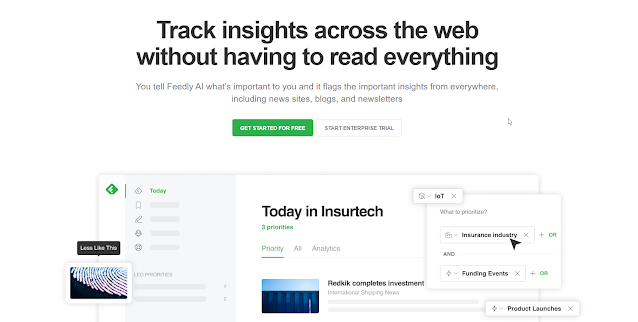The Social Networks and You (the Researcher)
In the last post we talked about navigating —badum tss!— the internet as a researcher and you may have noticed that we left a mighty important part of it outside: social networks. It's rare these days to find out someone who hasn't got a foot in the rabbit hole that are social networks. Let's be clear, we all have a family member that was addicted to Farmville. It is also a place where any information can be spread far and wide, no matter how bananas —who can forget that it is the favourite place to explain conspiracy theories (yes, I'm looking at you, far right). The good news is that you, the researcher, can use social networks for the good! How? Well, by sharing there your very logical, peer-reviewed and scientific research!
There are as many social networks as there are stars in the sky, but this is pretty great because once you have chosen the format in which you can disseminate your research you will have loads of options! Do you prefer text? Then Blogger and Twitter threads may be your jam. Videos? There are some amazing video essays on Youtube. Wait, I have 0 editing skills. Nevermind! TikTok is easy, fast, and all the rage on the internet. What if I want something artistic, like a poster? Then Instagram will be your best friend. But wait, wait, wait. This is too fast. We just became researchers and we are not quite there yet. What if we are still in our research era? Should I stay clear of social networks? Nope!
In the same way that you can use these socials to give information, you can use them to receive it. And sometimes it is way more academic than we may believe at first glance! For instance, many video essays actually include a bibliography in the description, and even insert in-text citations, just like you would in your thesis. In fact, because socials tend to use more accessible language, they may be great to clear any doubts you have about particularly obscure topics —Heidegger, now I am directly calling you out. You even have social networks that are specifically academic, like LinkedIn, ResearchGate and Academia.edu, that help you find articles and stay in touch with researchers that may be of your interest (I actually recently created a profile on ResearchGate)
Of course with all these resources at hand you may be in a bit of a kerfuffle when trying to, well, not go mind. This is why it is important to have a personal learning environment that is well organised so that your brain doesn't turn into mashed potatoes every time you delve into the internet to research. For this, I use Symbaloo, where I can keep links to all the apps, news sources and websites I use during my research in a cute lil' desktop called Webmix —always with a Google search bar because who are we kidding. We can even create different Webmix depending on the way you like to organise your resources.
In short, tread lightly. This is by no means an easy path, but you're not alone in it. You have help from the ever-expanding network of researchers in the internet that create apps and resources for you to share and receive knowledge on the internet. So use it. Good luck!



Comments
Post a Comment